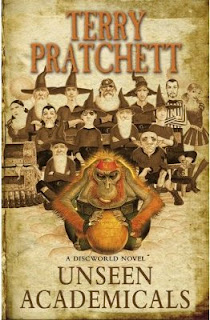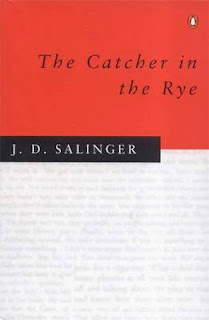Flashman's last hurrah

If you're familiar with the Flashman books you won't need a review of Flashman on the March, just a note that this time our hero is in Abyssinia.
If you're unfamiliar with the Flashman books this is maybe not the place to start, as it's the last in the series. Having said that, like all the books it is a fully self-contained story so you could start here if you really wanted to. I started with the fifth in the series, Flashman in the Great Game, and it didn't do me any harm. The order of events in Flashman's life is not the same as the order in which the books were written anyway. But if in doubt, it's worth starting with the first, if only to find out how Flashman's illustrious military career began.
Flashman is the bully from the Victorian novel Tom Brown's Schooldays, and Fraser's conceit is to imagine what happened to him after he was kicked out of school for drunkenness. It's not necessary to have read Tom Brown to follow the Flashman books (I haven't), though characters from it pop up from time to time. In Fraser's hands Flashman far outgrows his roots and becomes one of the great anti-heroes of popular fiction.
I started reading Flashman in 2002 on the recommendation of Mrs Tomsk, and gradually collected them up until 2005 when Flashman on the March was released, with the dastardly side effect of updated covers for the whole series. Not willing to let my Flashman collection get as motley as my Jeeves & Woosters, I took advantage of a handy 3-for-2 and bought the rest in bulk. I've been working slowly through them ever since.
The reason I've taken my time is that there is a fairly rigid formula to the Flashman books, and reading too many in a sitting would get monotonous. It goes like this: at the beginning of the book, Flashman will find himself against his will on a mission to a faraway corner of the empire. There he will end up in various historically-important messes which he will contrive to escape in the most cowardly way possible. Along the way he will sleep with many historically-important women. And despite his terrible behaviour, he'll somehow manage to end up as an even bigger hero than when he started.
Flashman on the March sticks closely to the formula. The opening is more stilted than normal because he only recounts his flight from Mexico in retrospect and front-loads his Abyssinian story with a great deal of exposition. But when the action begins, as he sets off through the country with the mysterious Uliba-Wark, it develops into the usual high quality page-turner. The way Flashman contributes to history is not as ingenious as in some of the earlier books (compare The Great Game, where he ends up in virtually every major incident in the Indian Mutiny), though I suspect Fraser's options were limited by the fairly linear nature of Napier's campaign.
Flashman on the March is certainly much more conventional than the previous volume, Flashman and the Tiger, which was divided into three shorter stories, the third of which featured a particularly entertaining encounter with two other famous Victorian characters. Tiger is also the more natural end to the series as it contains the latest chronological events. Flashman on the March feels more like 'just another Flashman', enjoyable though such a thing is. The only deviation from the blueprints are some laboured comparisons with the modern day Iraq war, both in the preface and in a few pointed remarks by British officers at the end of the book.
Fraser died in 2008, so there will be no more volumes of the Flashman papers. A few mysteries remain in his career, chiefly how he came to fight for both sides in the American civil war. But having learned so much over the years about his previously unsung role in world history, it would be churlish to complain, and fun to speculate.
Flashman on the March
(The Flashman Papers vol. 12)
by George MacDonald Fraser
First published 2005



Comments
Post a Comment